Title click to read article on VOA NEWS website.
Eric Finkelstein, the researcher who quantified the financial costs, says Americans have to do something. "So many differentials are involved that the only thing we do know is that in the absence of action, it's unlikely that costs associated with obesity are going to decrease."
And as ingrained as things like eating habits and activity levels might be, CDC Director Thomas Frieden says there's reason for hope. He cites the success of higher taxes in reducing smoking by half among teenagers in New York.
"In the case of soda and other sugar-sweetened beverages, evidence from a couple of sources, including industry sources, suggests that higher prices will strongly discourage people from consuming soda and other sugar-sweetened beverages."
Markov Health State Models
Markov health state models are advanced decision models used to study health states that recur and change as time goes on. For example, a Markov model could be used for analyzing the progression, remission and relapse of a chronic disease and treatment outcomes over a specific period of time. These health state changes are called transitions. The decision process is not linear (as with single state decision models), so the model for an evolving disease pattern must account for the transitions. Markov models are particularly relevant for chronic conditions and diseases that have clear stages of progression and/or severity. Drawing on their breadth and depth of experience, our modeling experts can help you determine the cost and value of various treatments and outcomes for such complex changing disease states












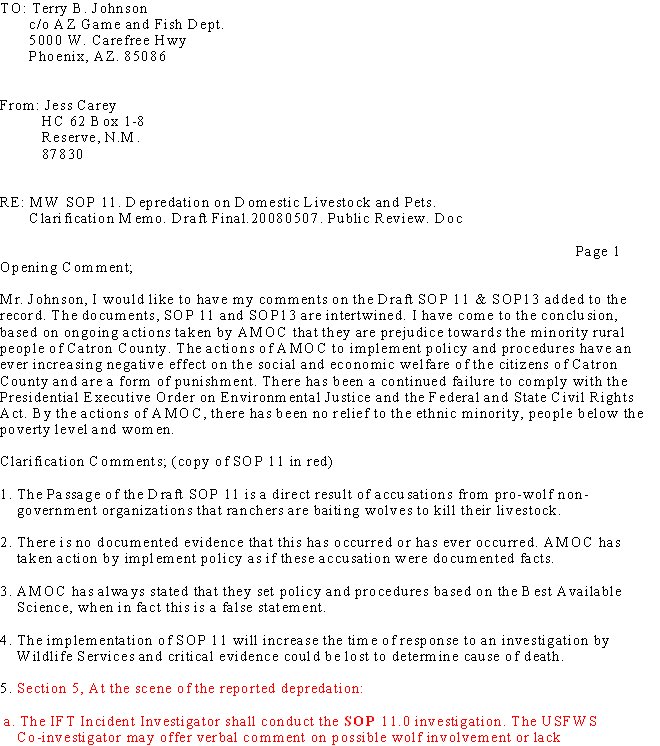
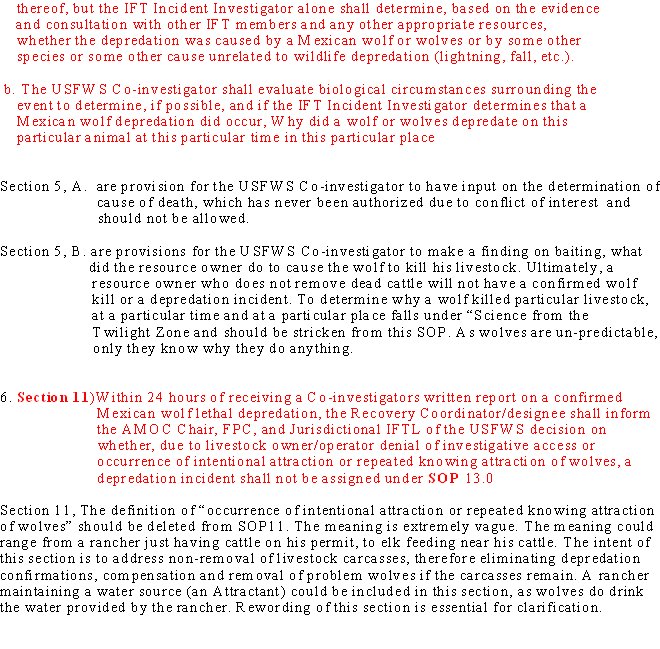
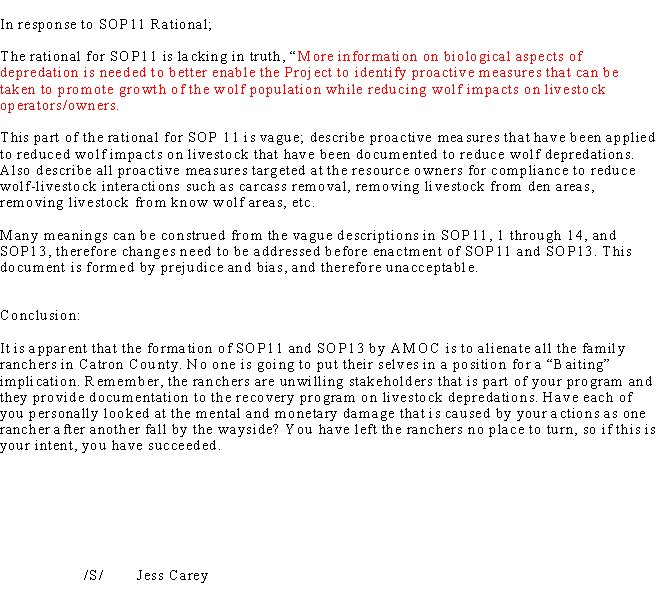




.jpg)


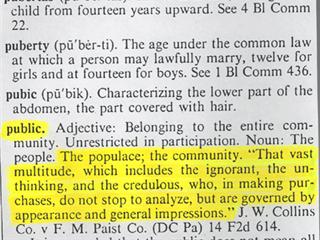









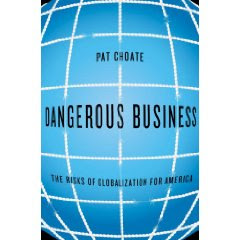





No comments:
Post a Comment